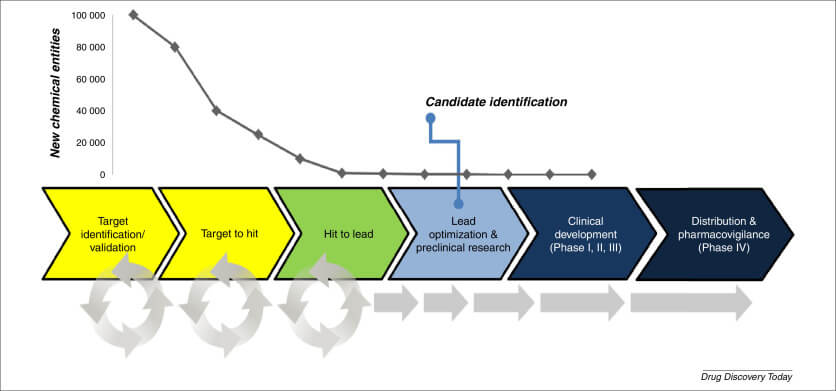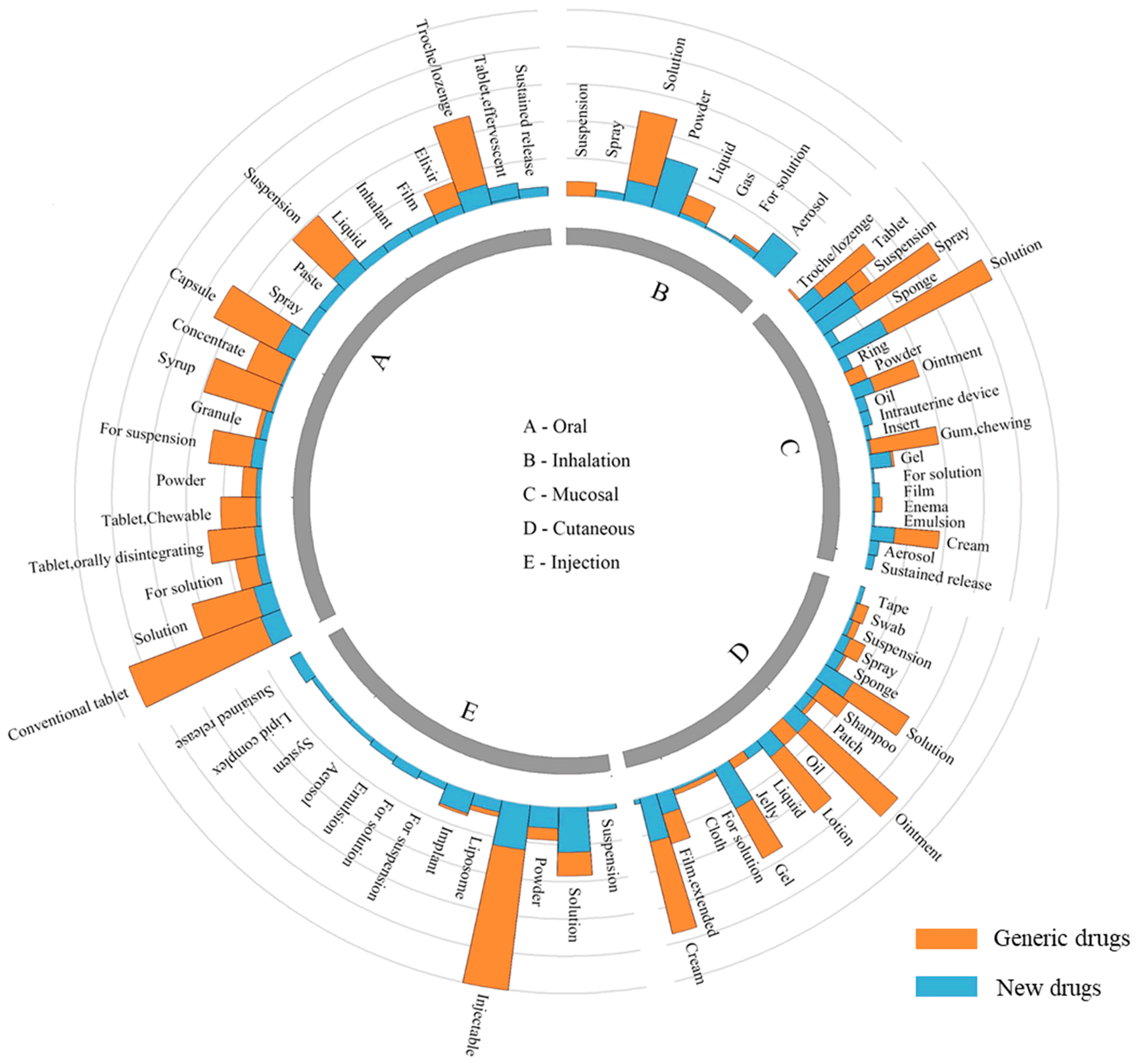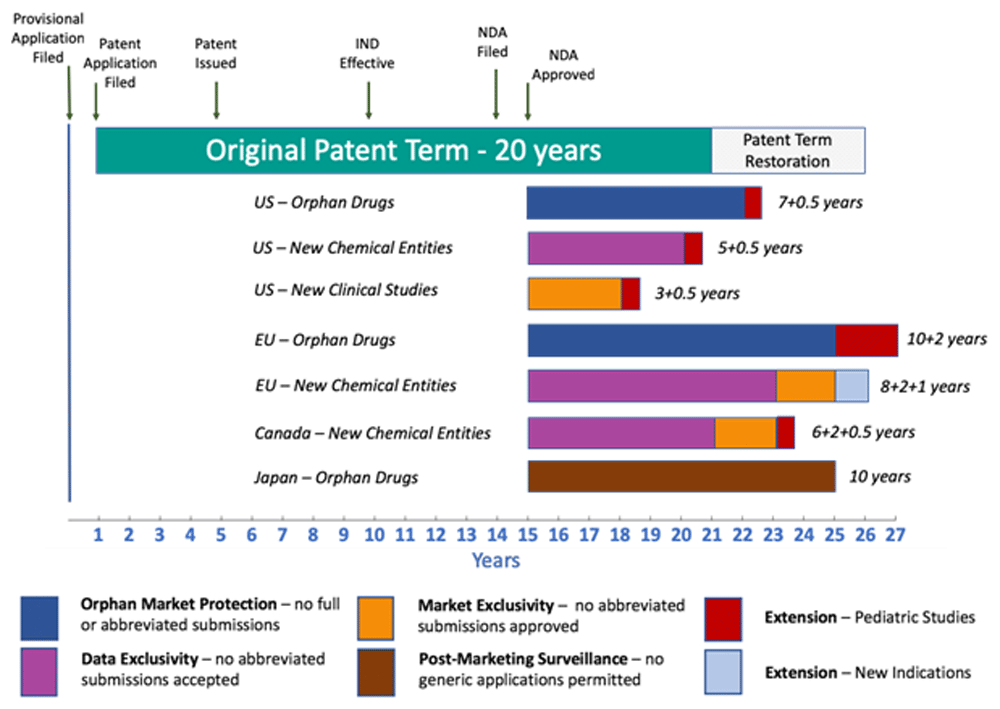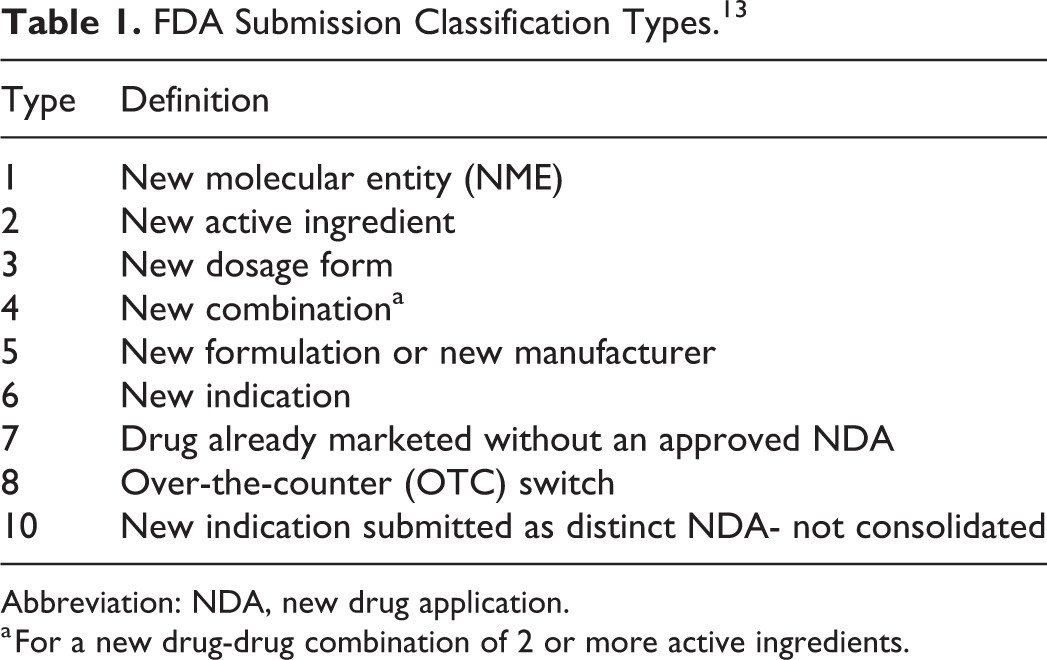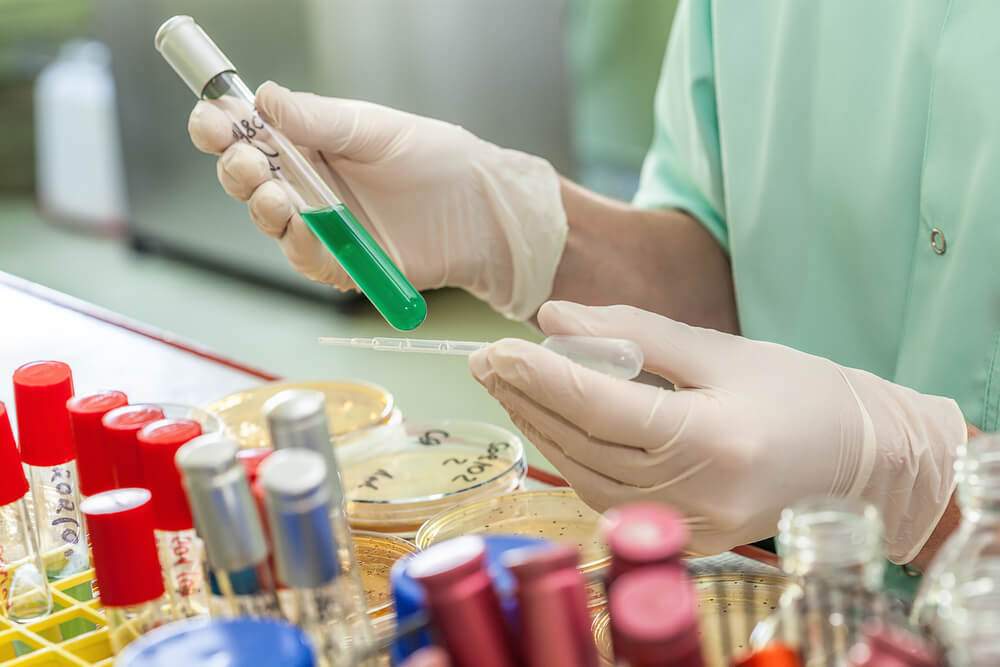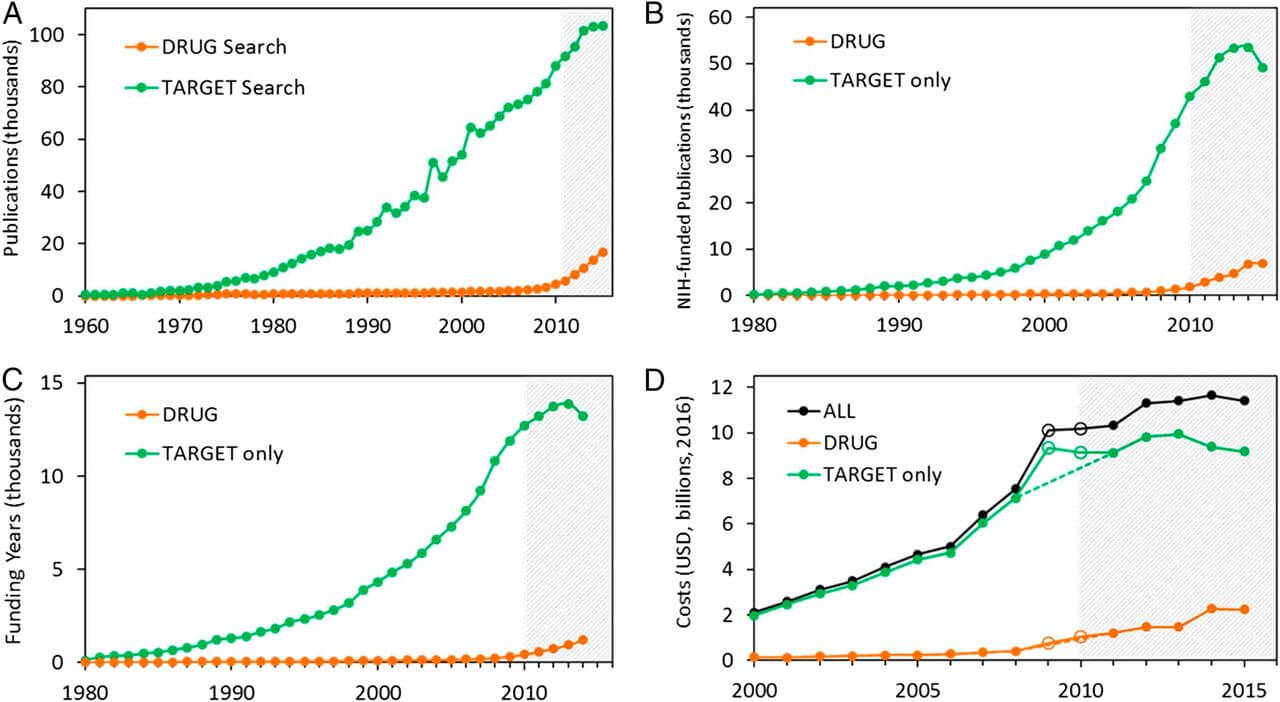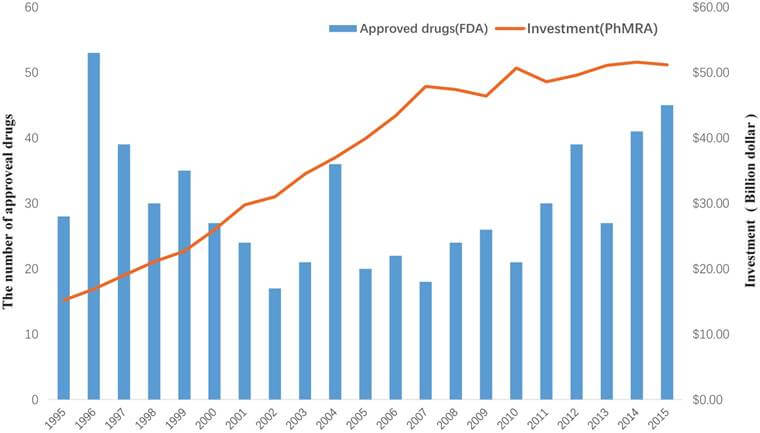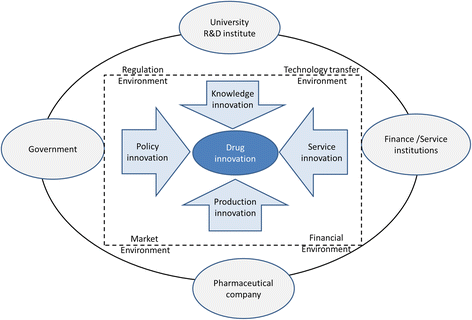
In the rapidly evolving landscape of pharmaceutical research and development, artificial intelligence (AI) has emerged as a game-changing tool. While AI-driven drug discovery promises to revolutionize the industry, it also brings a host of intellectual property (IP) and regulatory challenges. Let’s dive into this fascinating world where cutting-edge technology meets traditional pharmaceutical practices.
The AI Revolution in Drug Development
AI is transforming the drug discovery process, offering unprecedented speed and efficiency. According to recent studies, AI-driven discovery pipelines can reach the preclinical phase within four years, compared to the conventional five to six years[1]. This acceleration is reshaping the pharmaceutical industry, but it’s not without its complexities.
How AI is Changing the Game
AI’s role in drug development is multifaceted. It can:
- Analyze vast datasets to identify potential drug candidates
- Predict drug efficacy and safety profiles
- Design and optimize clinical trials
- Identify new uses for existing drugs
“The transformative potential of AI, encompassing machine learning and generative capabilities, holds great promise for revolutionizing drug discovery and development. This promising horizon is accompanied by intricate challenges.”[2]
The IP Conundrum: Who Owns AI-Generated Inventions?
One of the most pressing questions in this new era is: who can claim ownership of drugs developed with AI assistance? This issue touches on fundamental aspects of patent law and inventorship.
The Inventor Dilemma
Currently, AI cannot be listed as an inventor on a patent. This raises questions about how to attribute inventorship when AI plays a significant role in drug discovery. Companies must carefully consider how to document human involvement in the AI-assisted discovery process to ensure patent eligibility.
Patent Eligibility Challenges
AI-generated inventions must still meet the standard criteria for patentability: novelty, non-obviousness, and usefulness. However, the use of AI in the discovery process may complicate these assessments, particularly when it comes to the non-obviousness requirement.
Regulatory Hurdles: Navigating the FDA Landscape
The regulatory landscape for AI-developed drugs is still evolving. The FDA is working to keep pace with technological advancements while ensuring patient safety.
FDA’s Approach to AI in Drug Development
The FDA has recognized the potential of AI in drug discovery and is developing new frameworks to assess AI-driven medical devices and drugs. This includes:
- The Software Pre-Certification Program
- Draft guidance on AI/ML-enabled medical devices
- Considerations for AI-assisted drug discovery processes
Transparency and Explainability
One of the key challenges in regulating AI-developed drugs is the “black box” nature of some AI algorithms. Regulators are increasingly calling for transparency and explainability in AI systems used in drug development.
Data Privacy and Security Concerns
AI-driven drug discovery often relies on vast amounts of data, including sensitive patient information. This raises significant privacy and security concerns.
HIPAA Compliance in the AI Era
Pharmaceutical companies using AI must ensure their data handling practices comply with HIPAA and other relevant data protection regulations. This includes implementing robust security measures and obtaining appropriate patient consent for data use in AI-driven research.
Liability Issues: When AI Goes Wrong
As AI takes on a more significant role in drug development, questions of liability become more complex. Who is responsible if an AI-developed drug causes unforeseen side effects?
Potential Liability Scenarios
- AI system errors leading to flawed drug designs
- Biased AI algorithms resulting in skewed clinical trial designs
- Misinterpretation of AI-generated data by human researchers
The Future of AI in Pharmaceuticals: Balancing Innovation and Regulation
As we look to the future, it’s clear that AI will continue to play an increasingly important role in drug development. However, the industry must navigate a complex landscape of IP, regulatory, and ethical considerations.
Collaborative Efforts
Industry leaders, regulators, and policymakers must work together to develop frameworks that foster innovation while protecting patient safety and intellectual property rights.
Ongoing Education and Training
As AI technologies evolve, ongoing education and training for researchers, regulators, and legal professionals will be crucial to effectively navigate this new terrain.
Conclusion
AI-developed drugs represent a exciting frontier in pharmaceutical innovation, promising faster, more efficient drug discovery processes. However, this new paradigm brings with it significant IP and regulatory challenges. By proactively addressing these issues, the industry can harness the full potential of AI while mitigating risks and ensuring patient safety.
FAQs
- Can AI be listed as an inventor on a patent?
No, currently AI cannot be listed as an inventor on a patent. Only human inventors can be named on patent applications. - How is the FDA adapting to regulate AI-developed drugs?
The FDA is developing new frameworks and guidance documents to assess AI-driven medical devices and drugs, including the Software Pre-Certification Program and draft guidance on AI/ML-enabled medical devices. - What are the main IP challenges with AI-developed drugs?
Key challenges include determining inventorship, ensuring patent eligibility, and navigating potential conflicts with existing patents on AI technologies used in drug discovery. - How does AI impact clinical trial design?
AI can help optimize clinical trial design by analyzing historical data to predict potential successes and risks, and by identifying eligible participants more efficiently. - What steps can pharmaceutical companies take to protect their IP when using AI in drug development?
Companies should carefully document human involvement in the AI-assisted discovery process, conduct thorough freedom-to-operate analyses, and negotiate clear IP ownership terms when collaborating with AI technology providers.
[1] https://www.law.com/2024/05/08/emerging-legal-terrain-ip-risks-from-ais-role-in-drug-discovery/
[2] https://ipwatchdog.com/2023/09/25/artificial-intelligence-drug-development-patent-considerations/id=167125/






